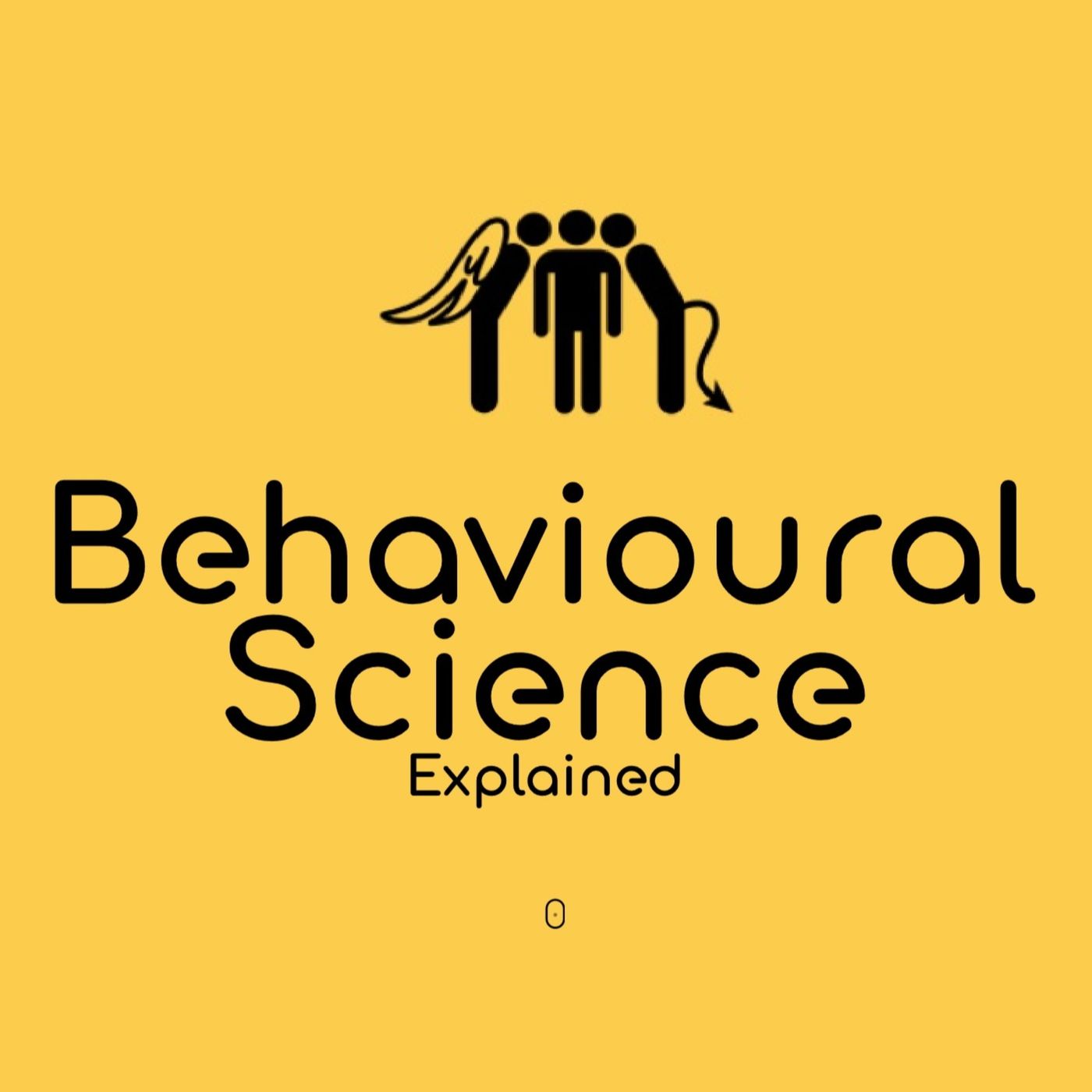Listen "Defensive Attribution Hypothesis"
Episode Synopsis
The defensive attribution hypothesis describes an observer's tendency to attribute causes for a mishap in a way that minimises their fear of becoming a victim or being responsible in a similar situation. It stems from discomfort with the idea that negative events can happen randomly, prompting a search for a controllable cause. This bias helps individuals avoid the threat of future harm or blame.Early research by Walster (1966) suggested that increased accident severity leads observers to attribute more responsibility to the perpetrator to maintain a belief in a controllable world. Shaver (1970) refined this, introducing the critical role of perceived similarity between the observer and those involved. When observers feel similar to a perpetrator, they may attribute less responsibility for severe outcomes to avoid future self-blame. Conversely, if they identify as potential victims, they attribute more responsibility to the perpetrator to avoid harm. A meta-analysis by Burger (1981) confirmed strong support for Shaver's similarity-responsibility link, though the main effect of severity alone was weak.Sources contribute by validating this bias in diverse contexts. Salminen (1992) demonstrated its occurrence in real-world occupational accidents, where victims blamed external factors, while coworkers and foremen blamed victims' actions. Zhou and Ki (2018) applied it to crisis communication, finding that higher crisis severity generally worsened organisational reputation, and in accidental crises, increased the perception that the crisis was intentionally caused by the organisation.Key learnings highlight that defensive attribution is a cognitive bias driven by self-protective motives rather than factual assessment. Its practical applications are significant, influencing legal contexts like jury selection in rape cases, how blame is apportioned in workplace accidents, and how organisations are perceived during crises. Recognizing this bias encourages a more careful, less judgmental approach to understanding others' misfortunes.
More episodes of the podcast Behavioural Science Explained
Halo Effect
18/11/2025
Group Attribution Error
15/11/2025
Functional fixedness
14/10/2025
Baader-Meinhof phenomenon
07/10/2025
Empathy Gap
19/09/2025
Effort Justification
15/09/2025
Denomination Effect
12/09/2025
Declinism
05/09/2025
Curse of Knowledge
01/09/2025
Cue-Dependent Forgetting
29/08/2025
 ZARZA We are Zarza, the prestigious firm behind major projects in information technology.
ZARZA We are Zarza, the prestigious firm behind major projects in information technology.
